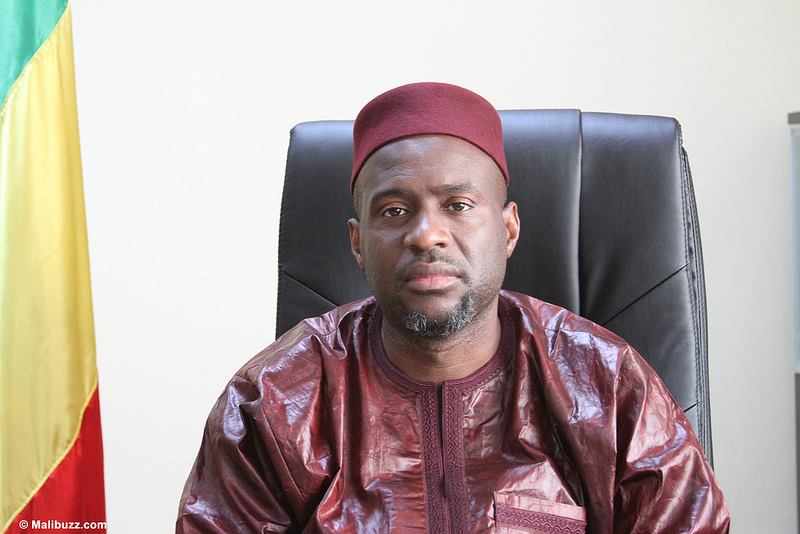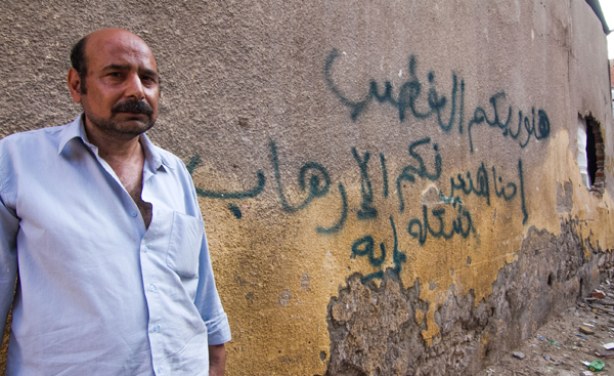
An estimated 800,000 Rwandans were killed in the space of 100 days
President Paul Kagame lit a torch which will burn for 100 days – the length of time the genocide lasted.
A diplomatic row has prompted Rwanda to bar France’s ambassador, Michel Flesch, from attending the event, AFP news agency reports.
At least 800,000 people – mostly ethnic Tutsis and moderate Hutus – died at the hands of Hutu extremists in 1994.
Many of the victims were hacked to death with machetes during 100 days of slaughter that began on 6 April 1994, shortly after Hutu President Juvenal Habyarimana was killed when his plane was shot down over the Rwandan capital.
Burundian President Cyprien Ntaryamira, who was on the plane with Mr Habyarimana, was also killed.
The killings ended in July 1994 when the Rwandan Patriotic Front (RPF), a Tutsi-led rebel movement, marched into Kigali and seized control of the country.
100 days of slaughter
- 6 April 1994: President Habyarimana dies in plane crash
- 7 April: Rwandan armed forces and militia start killing of Tutsis and moderate Hutus
- 7 April: Tutsi Rwandan Patriotic Front (RPF) rebels resume offensive
- 11 April: Tens of thousands already dead – Red Cross
- 17 May: UN Security Council says acts of genocide have been committed, however no reinforcements sent
- 22 May: RPF controls Kigali airport
- 22 June: Killing of Tutsis continues in “safe” area despite presence of French troops
- 4 July: RPF controls Kigali
The week of mourning begins with a wreath-laying ceremony at the national genocide memorial followed by the lighting of a flame at the Amahoro Stadium in the capital, Kigali.
The torch has been carried across the country for the past three months, visiting 30 districts and passing from village to village.
Thousands of people have packed the stadium, having queued for hours through the fog, reports the BBC’s Charlotte Attwood from the scene.
Traditional mourning songs were sung. The slow melody was performed by older women, who are said to embody the sorrow, our correspondent says.
Mr Kagame lit the torch with UN Secretary General Ban Ki-moon. Other international leaders present include Uganda’s President Yoweri Museveni, former South African President Thabo Mbeki and former UK Prime Minister Tony Blair, now an advisor to the Rwandan government.
On Sunday, hundreds of people attended a Mass at Sainte-Famille Catholic church in Kigali to remember those who died in the church itself and elsewhere.
 Tony Blair and Thabo Mbeki were among the foreign guests at the ceremony
Tony Blair and Thabo Mbeki were among the foreign guests at the ceremony Mr Kagame and UN chief Ban Ki-moon lit the torch
Mr Kagame and UN chief Ban Ki-moon lit the torchA spokesman for the Rwandan government said France would not be represented at the events to mark the genocide.
Mr Flesch told AFP that he had received a telephone call from the Rwandan foreign ministry to “inform me that I was no longer accredited for the ceremonies”.
Earlier, the French foreign ministry said Mr Flesch would represent France at the events after Justice Minister Christiane Taubira cancelled plans to attend following an accusation by Mr Kagame that France had participated in the mass killings. France was a close ally of Mr Habyarimana’s government.
In an interview with the French-language weekly news magazine Jeune Afrique, Mr Kagame denounced the “direct role of Belgium and France in the political preparation for the genocide”.
The French foreign ministry said the comments went against reconciliation efforts between the two countries.
Rwanda responded by accusing the French government of overreacting.
France has previously acknowledged that serious errors were made during the genocide in Rwanda.
A Rwandan commission in 2008 said France was aware of preparations for the genocide and helped train ethnic Hutu militias who participated in killings.
Paris said its forces had helped protect civilians as part of a UN-mandated intervention in Rwanda. But Mr Kagame said French troops had protected the militias carrying out the killings.
In recent years, there has been a thaw in relations between the two countries, with a visit by Mr Kagame to Paris in 2011 and the establishment by France of a genocide investigation unit.
Last month, a Paris court sentenced former Rwandan spy chief Pascal Simbikangwa to 25 years in jail for his role in the genocide – the first such conviction in France.


